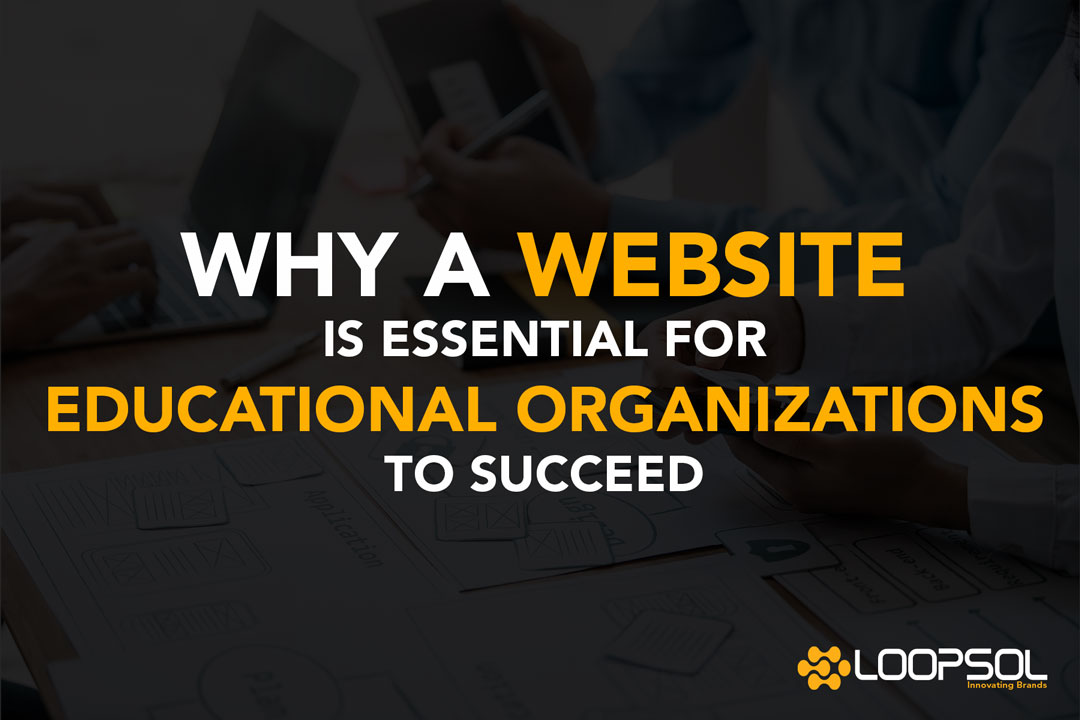In today’s digital age, having a website is essential for any organization that wants to succeed, and this is especially true for educational organizations. Whether it’s a school, college, or university, having an online presence is crucial for reaching potential students, parents, and other stakeholders. In this article, we’ll explore the reasons why a website is essential for educational organizations to succeed.
- Attracting and retaining students
Having a website allows educational organizations to showcase their facilities, courses, and faculty to potential students. This can help attract more students to the institution and improve retention rates by providing valuable information and resources to current students. Additionally, an online presence can also help educational institutions stay connected with alumni, who may be interested in donating or staying involved with the organization.
- Providing important information
A website is an excellent platform for educational organizations to provide important information to students, parents, and other stakeholders. This can include details about admissions, tuition fees, academic programs, course descriptions, campus life, and more. By providing this information online, educational organizations can save time and resources that would otherwise be spent on phone calls or face-to-face meetings.
- Enhancing communication
A website can also help educational organizations enhance communication with students, parents, faculty, and staff. By providing contact information, online forms, and chatbots, institutions can make it easier for stakeholders to get in touch and ask questions. Additionally, a website can be used to share news and updates about the organization, including upcoming events, achievements, and milestones.
- Improving accessibility
Having a website can also improve accessibility for students with disabilities. By ensuring that the website is designed with accessibility in mind, educational organizations can ensure that all students have equal access to important information and resources. This can include providing text alternatives for images, using captions for videos, and ensuring that the website is compatible with screen readers and other assistive technologies.
- Building credibility
Finally, having a website can help educational organizations build credibility and establish their brand online. A well-designed website can create a positive impression on potential students, parents, and other stakeholders, and can demonstrate the organization’s commitment to providing high-quality education and resources. Additionally, a website can be used to showcase testimonials and success stories from current and past students, which can further enhance the organization’s reputation.
In summary, having a website is crucial for educational organizations to thrive in the digital era. The benefits of having an online presence, such as attracting and retaining students, providing important information, enhancing communication, improving accessibility, and building credibility, are numerous and far-reaching. Therefore, if your educational organization does not yet have a website, now is the time to invest in one and take advantage of its many benefits. By doing so, you can set your institution up for long-term success and ensure that you are effectively reaching and connecting with all of your stakeholders.
Contact Loopsol at +233(0)204621029 OR Email contact@loopsol.com to start a project today.
